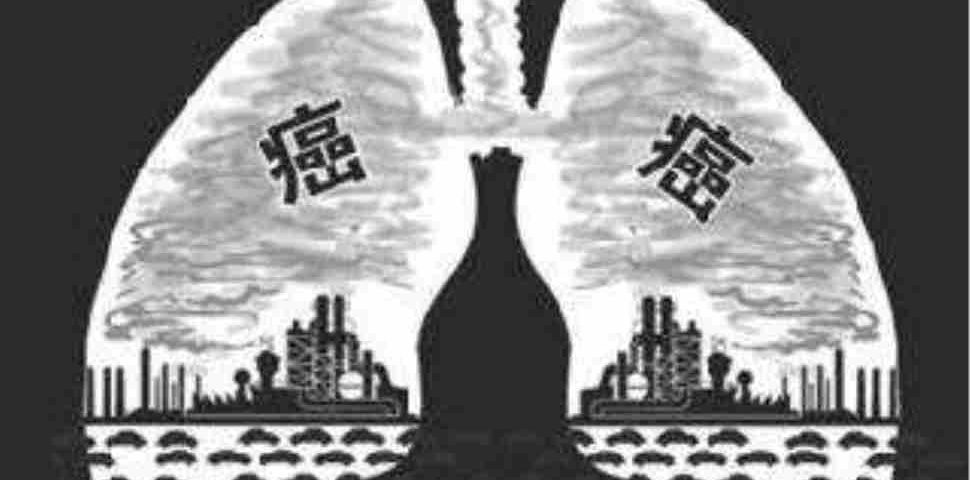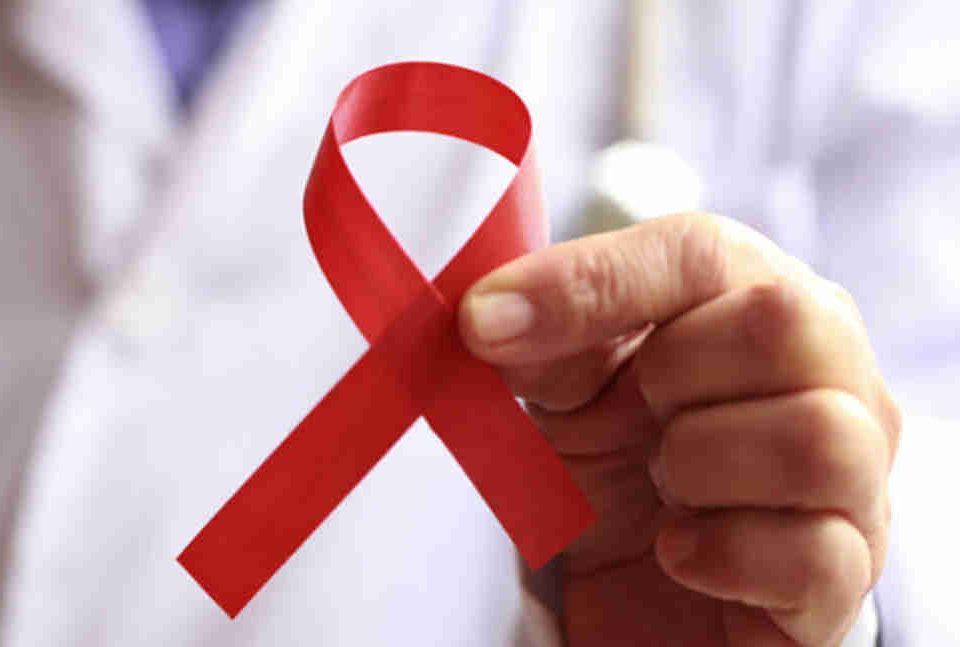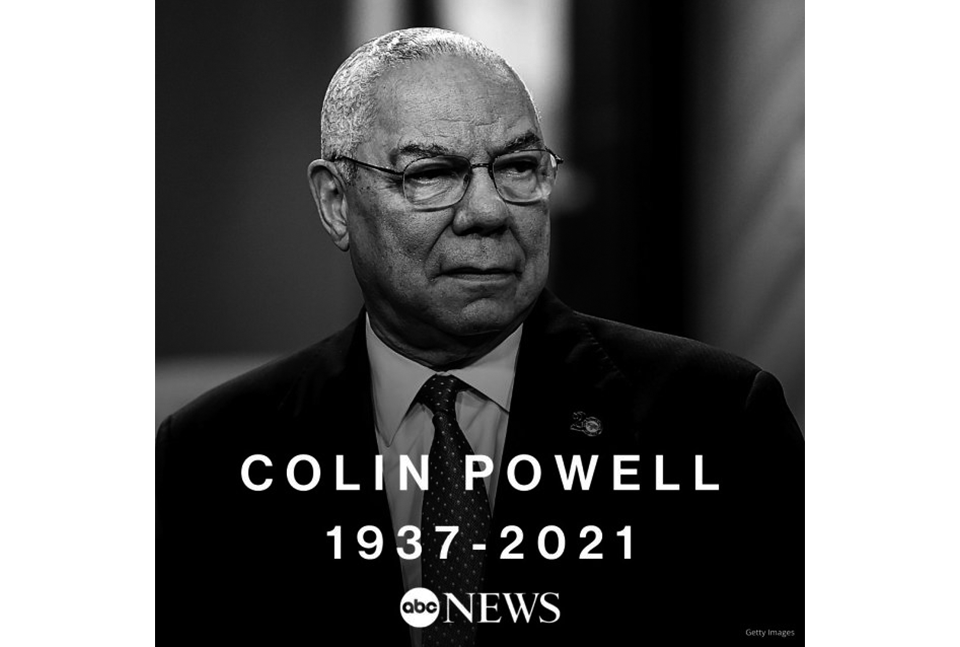- 如有疑问,请联系电邮
- customer@ihealth66.com
USNEWS:什么导致肺癌?

USNEWS:空气污染与肺癌的关系
2019年4月3日
最新临床试验:联合化疗是否联用替西罗莫司对中危横纹肌肉瘤的疗效对比
2019年4月8日By Kathleen Hall
美国的肺癌发病率已经趋于平稳,这是由于美国对烟草苛以重税、提高烟草价格导致的结果。因为很明显,吸烟导致的肺癌比重达到了85%。所以,当你看到纽约街头的年青人拿出一美元向你购买1支烟的时候,你就会明白,烟草价格可以明显地降低烟草的消费量。但是,全球最大的几家制药巨头,都不约而同的将肺癌药物作为新药开发的重中之重,而且美国国家癌症研究所所批准的肺癌新药临床试验的比重也是排名第一,根据资本逐利的原则,可以明白它们已经嗅出来的某些市场先机!当然这个先机可不是一个什么好的商品市场,是能要人命的!哪里的市场先机我们就不评论了!
且看原文评述。
到目前为止,肺癌是男性和女性死亡的主要原因之一。“如果你把接下来几个最常见的癌症死亡原因的死亡人数加起来,它并不等于肺癌,”俄亥俄州立大学综合癌症中心胸廓肿瘤中心主任大卫·卡彭博士说。
美国国家癌症研究所(National cancer Institute)的数据显示,2016年美国新增肺癌病例近25万例。这大约占所有新增癌症病例的13%。NCI估计,大约6.5%的男性和女性会在生命的某个阶段患上肺癌或支气管癌(一种罕见的肺癌)。
吸烟导致大多数肺癌
虽然肺癌在一个世纪前非常罕见,但现在它已成为主要的死亡原因,并超过心脏病成为与吸烟有关死亡的主要原因。卡波尼说:“大约85%的肺癌患者有过吸烟的经历,而在今天新诊断的肺癌患者中,有一半以上,甚至三分之二的人已经戒烟。”其中一些曾经吸烟的人在过去几年里戒烟了;还有一些人在30多年前就辞职了。
NCI估计,目前吸烟者患肺癌的平均风险是不吸烟者的20倍。事实上,吸烟也是许多其他癌症的一个重要风险因素。你开始吸烟时越年轻,你的风险就越大。二手烟也是肺癌的一个危险因素。
在香烟烟雾中有许多致癌物或致癌物。Leena Gandhi,纽约大学朗格尼医学中心珀尔马特癌症中心胸外科肿瘤主任。这些致癌物质会破坏你的DNA并导致癌症。“(吸烟和癌症之间的)这种联系已被反复证明。癌症更常见于(身体)积聚或经历吸烟的部位,因此,随着致癌物质的排泄,与吸烟相关的癌症也会在头部、颈部和膀胱出现。幸运的是,由于吸烟的发生率正在发生变化,特别是在北美,我们看到肺癌的总体发病率正在趋于稳定和平稳。”
尽管肺癌总体呈下降趋势,但最近有所上升,电子烟可能是罪魁祸首。甘地说,现在说电子烟对肺癌有什么影响还为时过早,但是她担心,电子烟可能成为真正吸烟的途径。
遗传及环境毒素
接触其他环境毒素和致癌物可能解释了为什么10%到15%的肺癌发生在从未吸烟的人身上。这些物质可能会引起影响细胞功能的基因变化,从而导致细胞生长失控。
氡是一种无色无味的气体,由土壤中自然存在的铀分解而产生,它可能与肺癌的风险增加有关。不幸的是,氡和肺之间的联系还没有定论,所以很难建立两者之间的因果关系,甘地说。
电离辐射(例如x射线和伽马射线)、石棉和空气污染也可能增加患肺癌的风险。你暴露得越多,你的风险就越大。如果你也吸烟,这一点尤其正确。根据NCI的说法,吸烟会放大辐射的致癌效应。
基因也起了一定作用。甘地说,研究人员开始确定与肺癌有关的特定基因突变。例如,大约10%的非小细胞肺癌(占肺癌的85%)患者的肿瘤与EGFR突变有关。这些肿瘤大多发生在从不吸烟的人身上。这种基因突变似乎不与其他基因突变重叠,这使得它成为肺癌治疗这部分患者的一个良好靶点。
不要这样做
你可以通过不吸烟来显著降低患肺癌的风险,如果你已经吸烟,也可以戒烟。美国癌症研究所(American Institute for Cancer Research)估计,如果不是因为吸烟,我们每年可以预防大约20万例肺癌。甘地说:“即使你在诊断出肺癌时就戒烟,你也可以活得更长,预后更好。”
当然,不是所有吸烟或吸二手烟的人都会得肺癌,也不是所有得肺癌的人都吸烟。仅仅暴露于致癌物质并不一定意味着你会患上癌症。癌症是一种复杂的疾病。
“肺癌只影响吸烟者的污名是不公平的,”卡彭说。美国每年大约有2万名从不吸烟的人患上肺癌。“如果你有肺,你就可能会得肺癌。”
Lung cancer is by far one of the leading causes of death in men and women. “If you add up all the deaths from the next several most common causes of cancer deaths, it does not equal lung cancer,” says Dr. David Carbone, director of the Thoracic Oncology Center at The Ohio State University Comprehensive Cancer Center.
There were nearly a quarter million new cases of lung cancer in the U.S. in 2016, according to the National Cancer Institute. This accounted for about 13 percent of all new cancer cases. The NCI estimates about 6.5 percent of men and women will develop lung or bronchus cancer (a rare type of lung cancer) at some point in their lives.
Smoking Causes Most Lung Cancers
Although lung cancer was actually quite rare a century ago, it’s now a major cause of death and has surpassed heart disease as a leading cause of smoking-related mortality. “About 85 percent of people who get lung cancer had some smoking experience, and more than half – maybe even two-thirds – of new lung cancer diagnoses today [are in people who] have quit smoking,” Carbone says. Some of these former smokers quit within the past few years; others quit 30 or more years ago.
The NCI estimates that current smokers have, on average, a 20 times greater risk for lung cancer than nonsmokers. In fact, smoking is a significant risk factor for many other types of cancer as well. The younger you are when you start smoking, the greater your risk. Exposure to secondhand smoke is also a risk factor for lung cancer.
There are many carcinogens, or cancer-causing agents, in cigarette smoke, explains Dr. Leena Gandhi, director of thoracic medical oncology at the Perlmutter Cancer Center at NYU Langone Medical Center. These carcinogens damage your DNA and can lead to cancer. “This link [between smoking and cancer] has been demonstrated over and over. Cancer is more common in areas [of the body] that accumulate or experience smoke, so smoking-related cancers are also seen in the head and neck and the bladder, as the carcinogens are excreted. Fortunately, because the smoking incidence is changing, especially in North America, we’re seeing the overall rates of lung cancer stabilizing and leveling off.”
Despite an overall decreasing trend in lung cancer, there’s been a recent uptick, and electronic cigarettes may be to blame. Gandhi says it’s too early to say what effect e-cigarettes will have on lung cancer, but she worries that they may be a gateway to actually smoking.
Genetics and Environmental Toxins
Exposure to other environmental toxins and carcinogens likely explains why 10 to 15 percent of lung cancers occur in people who have never smoked. These substances may cause genetic changes that affect how cells function, which can lead to uncontrolled cell growth.
Radon, a colorless, odorless gas produced from the breakdown of naturally occurring uranium in the soil, might be associated with an increased risk in lung cancer. Unfortunately, studies linking radon and lung are not conclusive, so it’s hard to establish a causal link between the two, Gandhi says.
Ionizing radiation (for example, from X-rays and gamma rays), asbestos and air pollution may also increase your risk of lung cancer. The more you’re exposed, the greater your risk. This is especially true if you also smoke. According to the NCI, cigarette smoking amplifies the carcinogenic effects of radiation.
Genetics also play a role. Gandhi says researchers are beginning to identify specific genetic mutations linked to lung cancer. For example, about 10 percent of patients with Non-Small Cell Lung Cancer (which accounts for 85 percent of lung cancers) have tumors associated with a mutation called EGFR. Most of these tumors occur in people who never smoked. This genetic mutation does not seem to overlap with other genetic mutations, making it a good target for lung cancer therapies in this subset of patients.
Just Don’t Do It
You can significantly lower your risk of developing lung cancer by not smoking, or by quitting if you already smoke. The American Institute for Cancer Research estimates we could prevent about 200,000 cases of lung cancer each year if it weren’t for tobacco use. “Even if you quit at the time of your diagnosis of lung cancer, you can have longer survival and better prognosis,” Gandhi says.
Of course, not everyone who smokes, or who inhales secondhand smoke, will develop lung cancer, and not everyone who develops lung cancer was a smoker. And simply being exposed to cancer-causing agents doesn’t necessarily mean you will develop cancer. Cancer is a complex disease.
“The stigma that lung cancer only affects smokers is unfair,” Carbone says. Approximately 20,000 never smokers in the U.S. develop lung cancer each year. “If you have lungs, you can get lung cancer.”





